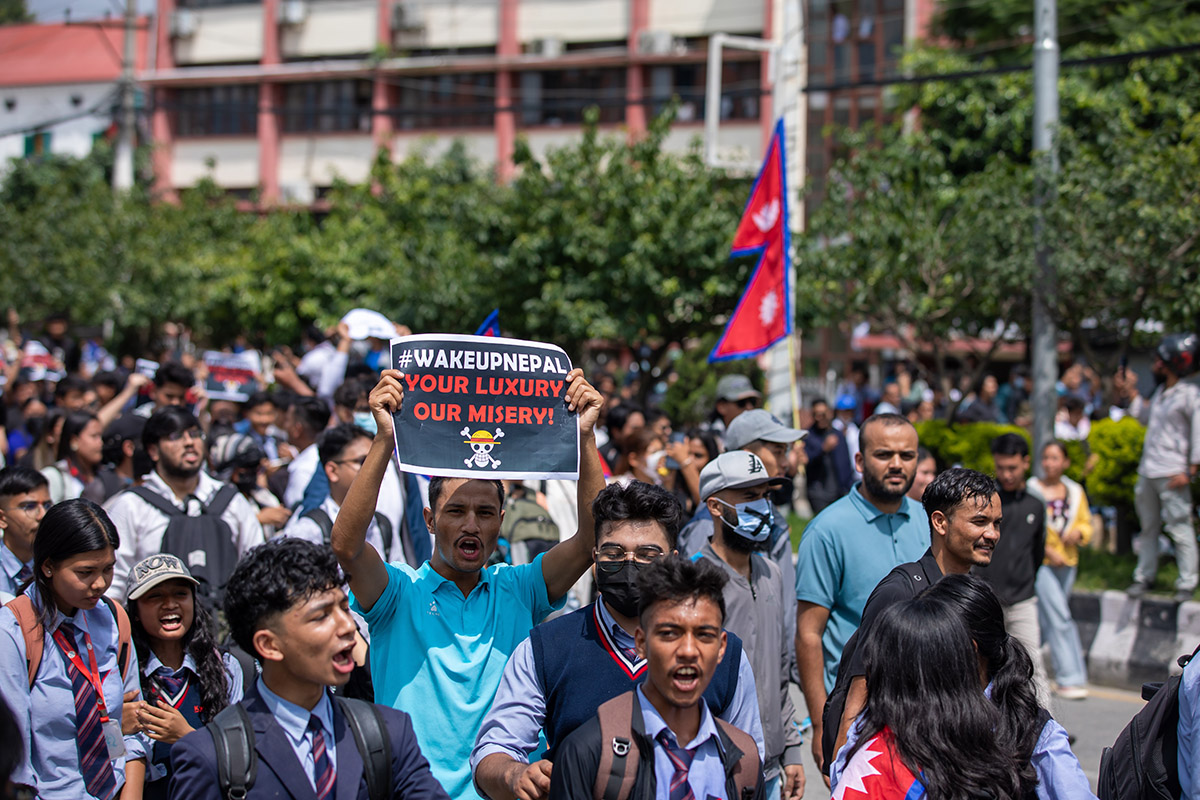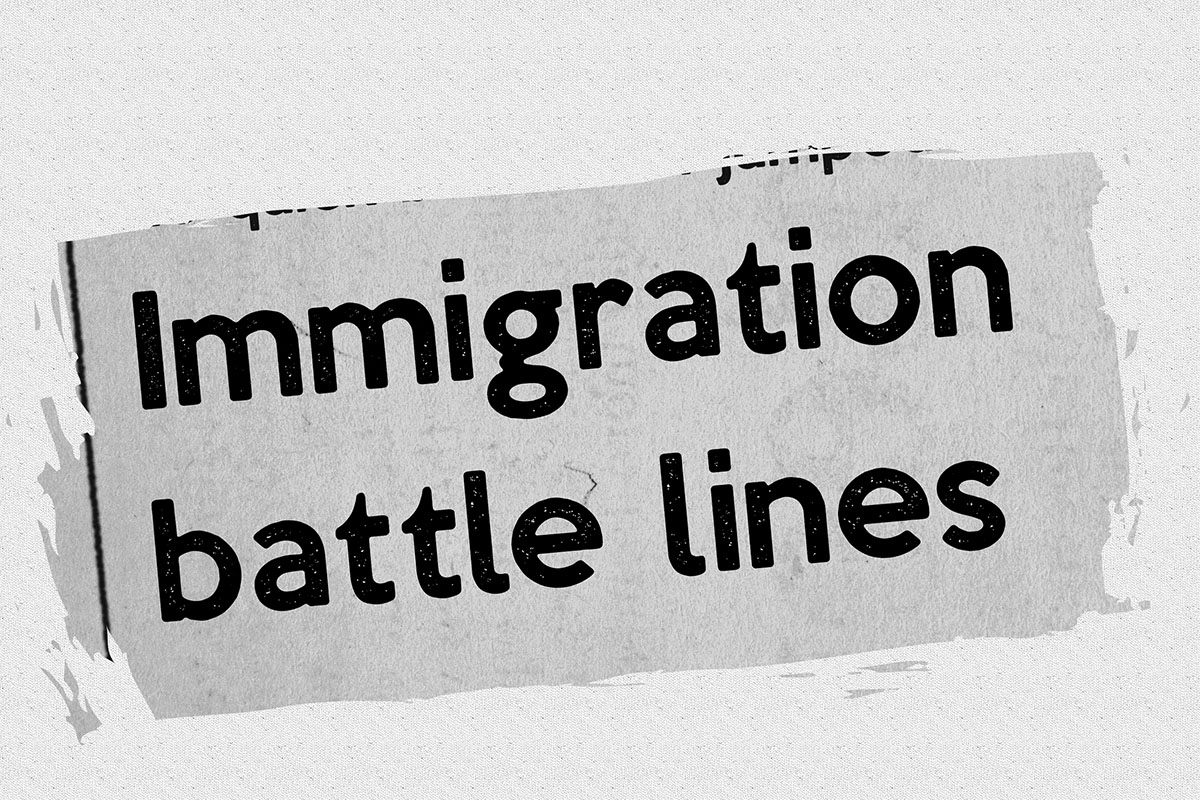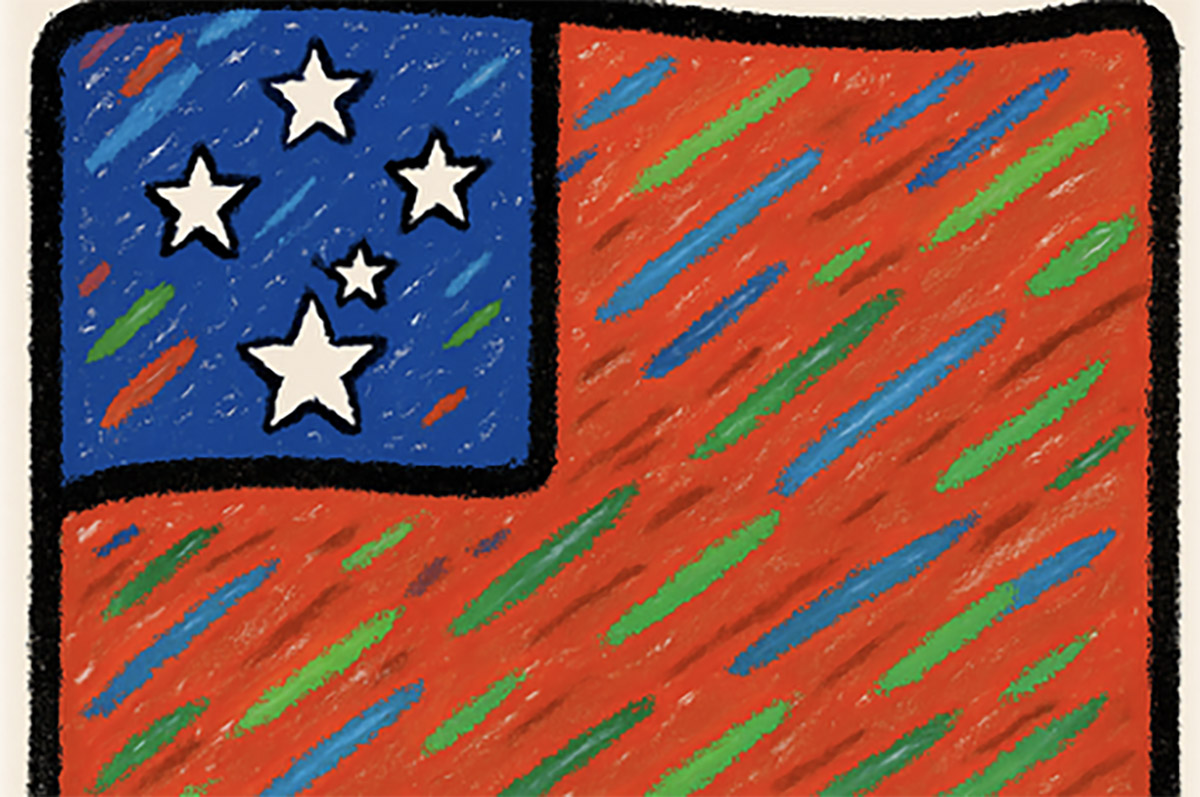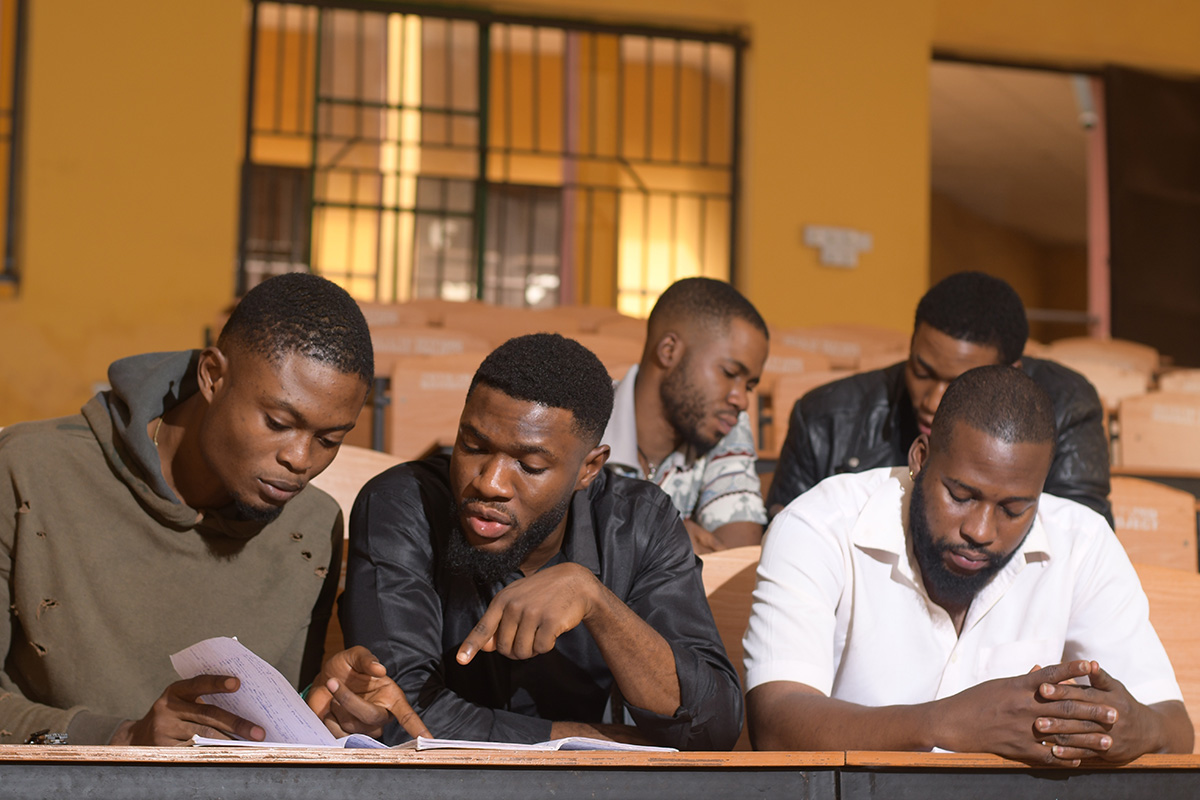The Straw that Broke the Camel’s Back
September 14by Adedoyin Ajayi
In what the BBC has dubbed Nepal’s worst unrest in decades, the country has been rocked by violent protests that have claimed lives and left several more injured.
In this interview, I speak with Sneha Dev, a teacher and HR Assistant from Biratnagar, Nepal. She discusses the motivations behind the protests, the frustrations of the Nepali youth as well as her hopes and dreams for her country.
Doyin: What action or moment prompted you to join the protest? Was it something personal, related to your job, education, or prospects?
Sneha: Okay, so it all started when the trends from Philippines and Indonesia circulated in Nepal and it showed the politicians’ children living their lavish lives with corrupt money. They went on trips to New York, went to ports, resorts, hotels with designer bags, while our parents’ salaries aren’t up to USD 1,000.
So that raised a question among people, as they wanted to know where that money came from. In the midst of this, the government decided to ban social media.
The ban on social media was the straw that broke the camel’s back
That was the straw that broke the camel’s back.
I would like to address just one more thing.
Nepal is highly dependent on remittance money. Nepal is a country where half of the youths are in foreign countries to earn and you know, send money to their parents, so remittance is a very big thing here.
And even my Dad is in Qatar, and he went there when I was five years old, and he has given a lot of remittance money to the government. The misuse of that money angered me, and I think that is why I joined the protest. I also wanted to change my country.
Doyin: I can see how frustrating that must have been. How did you feel about the government’s decision to ban social media — and how did it personally affect you or your community?
Sneha: So first of all, I was not aware that social media was going to get banned. When the news circulated, I was shocked and in denial for a few minutes, because I always thought that governments would not do this. I mean, social media is a platform where we share opinions, practice our right of speech and I felt the government would not take that right from us.
But at the end of the day, they did it. The funny thing is, the ban on social media was published in social media platforms, so people were still using Facebook and others. It did affect a lot of people, and personally it also affected me as well.
As I mentioned earlier, half of the young people in Nepal are abroad – to study, earn money, and make a better future for themselves. The only way of communication is social media for them and us.
It was taken away in a few minutes, so that angered a lot of people. And there are a lot of old people in Nepal who don’t know how to use social media. We had taught them how to pick up and end calls. The ban didn’t give us any alternatives, and it affected a lot of old people, as they could not learn new technical things at this phase.
Doyin: In essence, the ban gave you the feeling of something being stolen from you, something precious taken away.
Sneha: Exactly what you’re saying. I mean, me being Gen Z who has used social media my whole life, it felt like I lost my voice.
It felt like I lost my voice.
Doyin: That’s a terrible feeling. The parliament in Kathmandu was burnt. Videos of dignitaries and politicians who were beaten have also circulated on social media. How do you perceive this – the seeds of bad leadership coming home to roost or it could have been handled better?
Sneha: Before answering this question, I would like to give you the context.
On September 8th, we Gen Z decided to do a peaceful protest against corruption.
The Gen Zs were in school uniforms, they had books in their bags, they had pens in their hands, they had slogans written on banners, they had no weapons – they had banners. We decided to walk the streets and demand answers from the government. It was supposed to be a peaceful protest.
So as the situation escalated, there were third party involvements. People from different parties, just waiting for that moment. They started damaging the monuments, buildings, and the protest turned into something very scary. Almost twenty-plus students were shot dead from real bullets, not rubber bullets, in the head, in the chest, and in the neck. They died instantly. This wasn’t to protect the students, but to kill them.
That caused a lot of anger.
I think I was in school teaching, and scrolling through my phone to see what was happening.
I couldn’t stop myself, I took a leave and joined the protest. I didn’t sleep that night – nobody could. It was that scary. Everyone was angry and looking for what would happen next.
The next day, the angry people went into the streets, started damaging the buildings and private property, which was wrong. But there was a lot of third-party involvement. The Gen Z were only trying to prove a point by seeking justice for the children.
The third-party involvement made everything violent.
The third-party involvement made everything violent. They burnt private houses, attacked and beat the politicians, which was something I would not accept. That is definitely against what I believe in.
And the situation was so out of control that the Prime Minister decided to resign. After that, the Gen Z started cooling down, but the third parties didn’t want that. They burned everything. The situation escalated further, it got out of our hands.
The Singha Durbar where our King used to live was also burnt. It had been secure for 117 years. Our history is gone. So it’s a really bad thing to happen, to be honest.
Coming to the question, I think it could have been handled better, but the situation was worsened by the third-party involvement. In the name of Gen Z protesting, they released criminals from the prisons. It was a very, very dangerous situation. The Gen Zs were home, they were done with the protests, but the third parties were still doing their thing. It was a very scary situation for the whole nation, it was getting out of our hands.
What was supposed to be a peaceful protest turned into one of the scariest in the history of Nepal.
Doyin: I understand. Third parties hijacking protests often destroy the purpose of protests and lead to mass acts of violence. Do you see this protest as an isolated incident, or do you believe more and more Gen Zs will rise and protest against injustice in other countries?
Sneha: I think not only Gen Z but all people from different countries will rise and protest against injustice in their countries as well. We Nepalis were inspired by what happened in Bangladesh, Sri Lanka, and Indonesia.
We thought that “they all did it. We can be also unified and do something for Nepal, and make Nepal a better country.”
So I think a lot of people will rise and protest.
Today, I heard news that France is also protesting, but I’m not sure, I haven’t read all the news.
So, yes.
Doyin: Going back to your earlier response about the children of the politicians living lavish lives while the majority struggle and suffer, a similar situation exists in Nigeria. How do you think this shapes and affects the mindsets of young people who work hard and make little progress because of institutional failure?
Sneha: I think it definitely demotivates the young minds. The young people are the ones doing all the hard work, they’re doing the jobs, they’re the breadwinners of their families, pay their taxes, and they’re not getting the benefits they deserve, and that is what angers the youth the most.
Seeing people with half their qualifications living lavish lives just because they were born in political backgrounds, it really sounds like a true movie.
I think yes, it will definitely bring a lot of negativity in youths’ minds.
Doyin: Certainly, it will. In light of the prime minister’s resignation, what reforms would you like to see from the next leaders to make Nepal a better country?
Sneha: I think the first thing I would like to see is a young leader who can show us transparency; certainly no corruption.
One who is happy to serve the country, and make it a better place.
There are still a lot of good leaders at present who can step up and be the next Prime Minister, but we have to work according to the constitution, which is not that easy, we can’t just make someone a Prime Minister. As I’m speaking, a meeting is ongoing in the parliament. So, yes, let’s see what happens. I hope the next leader is by far, much better than the previous one. One who is transparent, one who loves his/her country, one who will make the country a better place.
Thank you.






